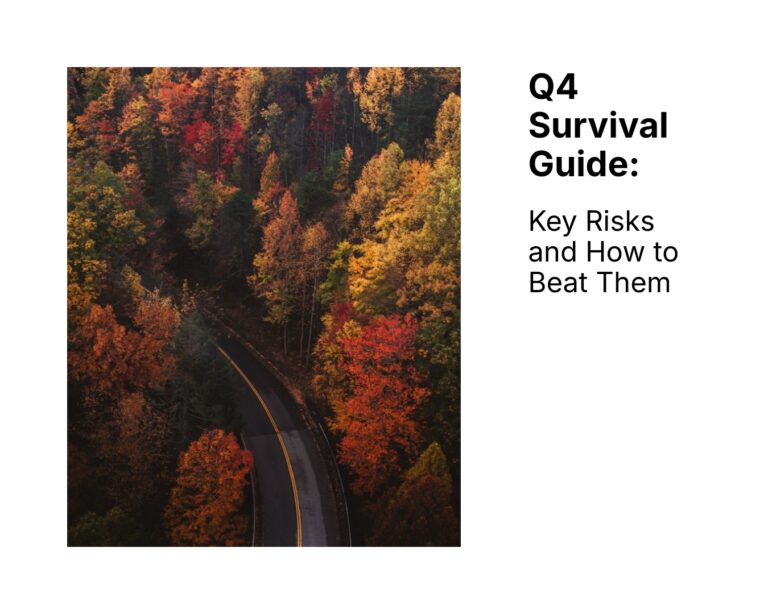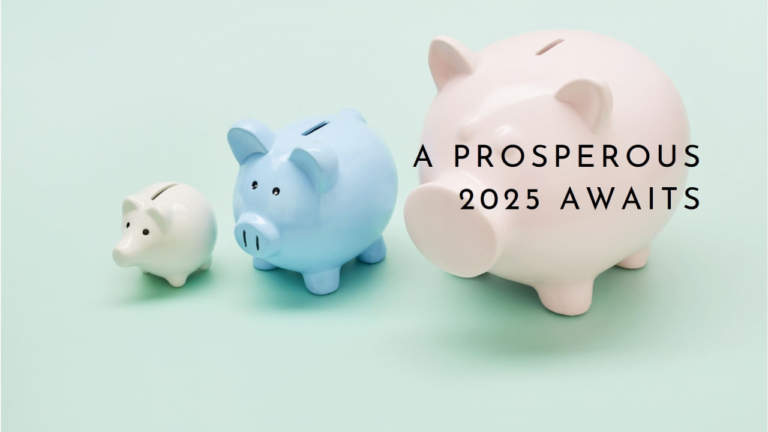The Greta Effect? (Environmental Business Ethics)
In this article we explore some of the innovations leading the way in environmental business ethics. Environmental management is not a new concept, in fact the first standard was published in 1994 by the BSI group.
BS 7550: 1994 set out ‘the requirements for the development, implementation and maintenance systems aimed at ensuring compliance with stated environmental policy and objectives’ and was superseded just two years later by the ISO 14000 family of standards.
Since then there have been further revisions, the most current being ISO 14001: 2015, however, despite the popularity of these systems perhaps the main driving force for their adoption has historically been to adhere to required accreditation for the purpose of contract eligibility.
With the awareness of climate change, and the impact of humanity on our planet, peaking in recent years the business community has begun to take steps to fully integrate and expand their environmental standpoint.

In a time where young adults and children are speaking out, and shaming us into acknowledging the true impact of our way of life, businesses are starting to adopt the many innovations available to combat this most serious situation. Although the motivation for this may still be partially business orientated, sustainable and environmental business ethics are catching on. There is a growing awareness of the benefits and appeal both for B2B and B2C.
Environmental Business Innovations
Veganism – But Does One Size Fit All?
Independent reports claim that 60% of global greenhouse gas emissions produced by agricultural practices originate from the meat and dairy industries, and many people are taking steps to combat this through a change in diet.
Veganism has boomed in recent years. The Vegan Society have recorded that the number of vegans in the UK quadrupled between 2014 and 2019. However, as we know one size does not fit all. Despite the many benefits to the environment of adopting a plant based diet, it is unrealistic to expect the entire population to follow suit. So what are the alternatives?
Lab grown food including synthesised meat is already available in the USA and is predicted to become common place in the UK over the next few years. While there are concerns regarding the reduced health benefits of artificial foods by comparison, there is surely a place for them as we look to reduce the impact of our inherent love of meat and dairy.
Until these products become readily available why not look to introducing a more environmentally conscious food choice for your staff or clients. If it’s good enough for the Golden Globes….
Green Web Hosting
Another consideration is the impact that the internet has on the environment. In the 21st century how could we possibly conceive of a world without the Internet? However, are you aware of the considerable strain it places upon the environment?
In addition web hosting is energy intensive. According to Web Neutral Project founder Jack Amend ‘powering the average website produces 4,500 pounds of CO2 a year, equivalent to driving the average new car for more than 10,000 miles‘. This can be combatted by choosing a green web hosting company that typically employs carbon offsetting. This does not nullify the impact of their business however, it does at least address the impact of your website.
Greenpeace have long been campaigning to educate and promote renewable energy, asking major internet companies to choose renewables to power their data centres. The latest ClickClean report from Greenpeace documents this issue and you can also check if your favourite apps are being powered by renewables or dirty energy.
Renewable energy companies are now producing reliable and competitive energy supplies. They dominate the top of the charts in cost comparisons and are of sufficient number to offer a diverse choice for the consumer.
The Three Rs – Recycle, Recycle, Recycle!

Single use plastics have dominated this topic in recent years, and rightly so, particularly given the innovative available alternatives. However recycling goes much further than that. Statista predicted that in 2018 alone 49.8 million metric tons of e-waste would be produced globally.
Technological advances have fuelled our disposable world, and while advancements cannot be ignored, there are steps you can take to ensure that unwanted or defunct electronic devices are disposed of responsibly.
The Final Word
This is an article that could continue to the nth degree. However, we hope that the points we have chosen to discuss may give you food for thought, and enable you to consider other environmental innovations that you can adopt as a business. If you have any comments or queries on the above topic we would like to hear from you, or perhaps you have an example of your own environmental innovation that you would like to share?
Most importantly whatever steps you choose to take will make a difference. Change is not always slow to come, but as we know we cannot always rely on governments to take the necessary steps, in the necessary timeframe.
Make a stand, make your stand. Embrace environmental business ethics and don’t be afraid to shout it from the rooftops.










